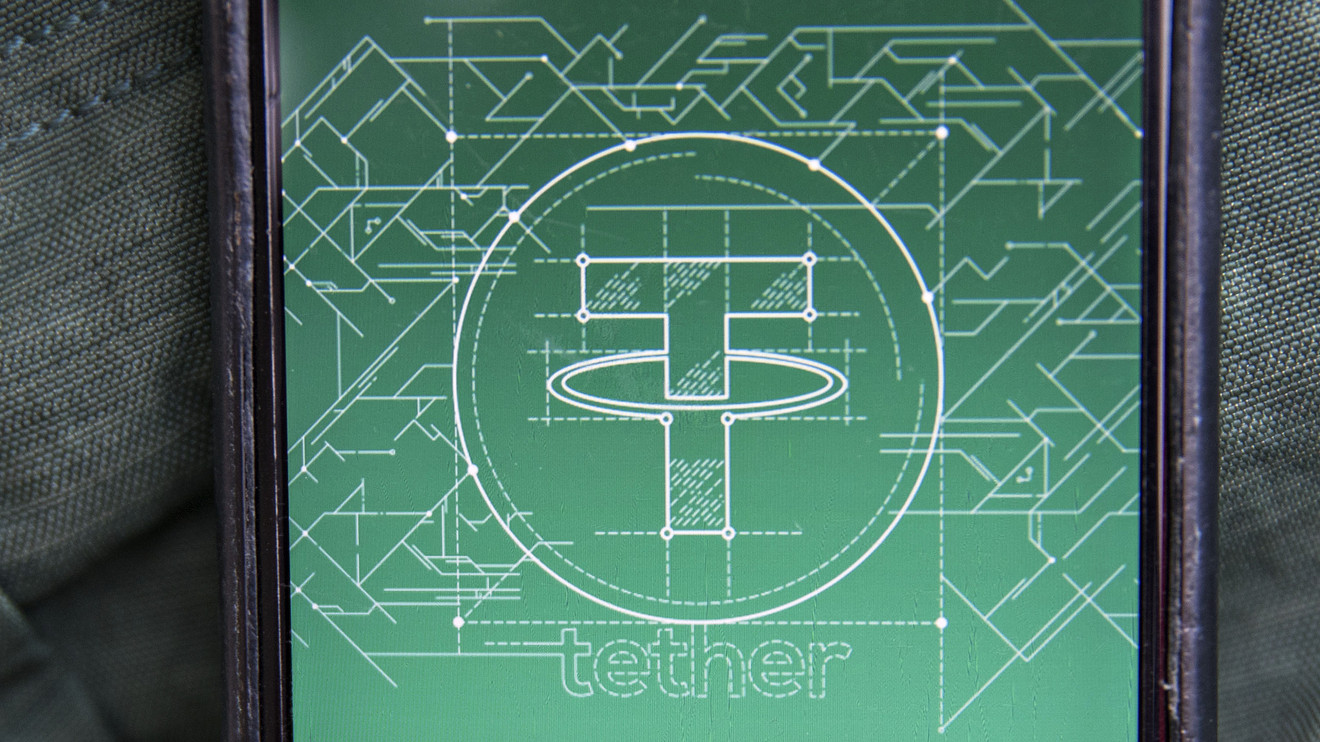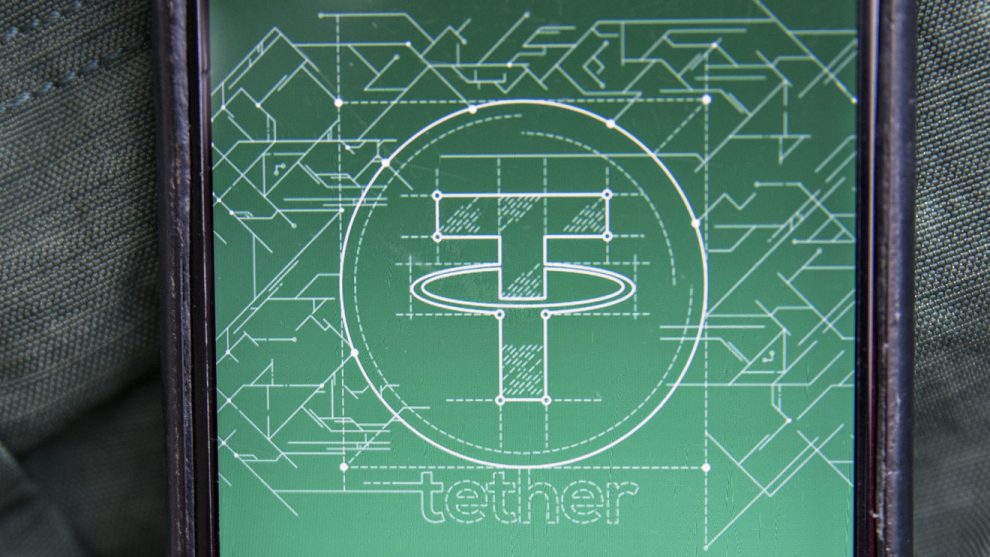
The parent company of cryptocurrency outfits Bitfinex and Tether has questioned the New York Attorney General’s oversight authority in an official court response to accusations that its subsidiaries covered up some $850 million in losses.
In the May 5 filing, iFinex, the parent of Bitfinex and Tether said the Attorney General’s claims were based on incomplete and incorrect facts, adding that the entire process was “backwards.” Bitfinex and Tether share common investors and management.
‘This is backwards: the Attorney General should not be afforded the drastic remedy of a preliminary injunction, or an order requiring the Respondents to address blunderbuss document demands, without establishing the basis for its authority to even regulate in this sphere’
The company has asked the courts to vacate an April 24 order.
The AG’s filing last month alleges that Bitfinex and Tether engaged in “undisclosed, conflicted transactions to cover Bitfinex’s losses by transferring money out of tether reserve funds” to make up for an apparent $851 million loss. The court ordered Bitfinex to refrain from transferring Tether funds to Bitfinex accounts, halt dividend payments or any other distributions to executives. The attorney general’s office said Bitfinex had already taken at least $700 million from Tether’s reserves to mask losses.
iFinex says the injunction hinders trading of Tether’s popular USDT stablecoin. “The injunction is hugely disruptive because it freezes in place over $2 billion of the Tether’s reserves, prohibiting any investment of any kind into the indefinite future. This massive regulatory overreach has no corresponding benefit,” the company said according to court documents.
A stablecoin is a cryptocurrency that is pegged to another asset like the U.S. dollar.
Read: Pressure mounts on Tether as stablecoin proves not so stable
The New York Attorney General’s office hasn’t responded to a request for comment from MarketWatch.
Critics of Tether have long complained about the degree to which its stablecoin is backed by dollars.
Tether has argued that it is stablecoin is fully backed by U.S. dollars, but has yet to provide a public audit to confirm it has the reserves, though it recently indicated that its stablecoin is backed 75% by cash and securities rather than 100% backed.
Most digital currencies have shrugged off the regulatory kerfuffle. After a brief selloff on April 25, major digital currencies regained their footing and have since moved higher. Bitcoin, the best-known digital currency is trading 12% higher from its late-April low and most recently, a single bitcoin BTCUSD, +1.10% was fetching around $5,700.
Providing critical information for the U.S. trading day. Subscribe to MarketWatch’s free Need to Know newsletter. Sign up here.












